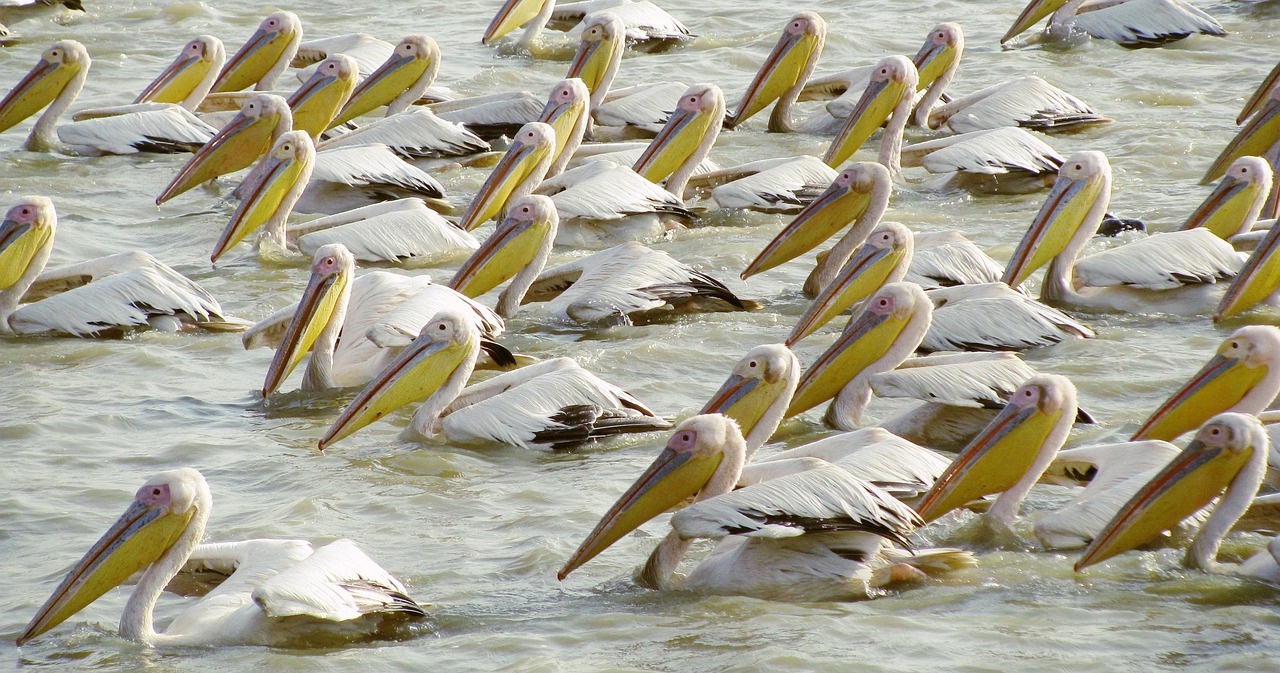While many countries are simplifying entry requirements for visitors by eliminating visa requirements, some nations are moving in the opposite direction. Senegal is considering implementing an e-visa system for citizens from countries that don’t offer reciprocal visa-free access to Senegalese nationals—including those from the European Union and the United States.
A Less-Than-Promising Precedent
Like Namibia recently, Senegal wants to apply a reciprocity system by requiring visitors from countries that demand visas from Senegalese citizens to complete the same process before traveling. This initiative is part of a broader program called “Senegal 2050,” which aims to transform the country economically and internationally in the coming years.
While every country has the right to set its own entry requirements, such measures can quickly prove counterproductive if not carefully implemented, particularly for Senegal’s tourism sector.
If we apply the reciprocity principle, citizens from more than 140 countries worldwide would be affected. Even excluding nationals from African countries who would likely remain exempt, that’s still a significant number of travelers. According to recent passport rankings, the Senegalese passport offers access to only 59 destinations without a prior visa—among the world’s most restrictive, out of nearly 200 countries globally.
Moreover, the motivations of foreigners (primarily Europeans and Americans) traveling to Senegal versus Senegalese citizens leaving their country are completely different—mainly tourism for the former and migration for the latter. This logically shouldn’t require the same procedures.
What about the impact on the country’s tourism sector when introducing additional barriers? This is especially concerning given that tourism remains fragile in a highly competitive destination market.
For some observers, the measure appears more “purely political” than a thoughtful economic decision. A similar experiment was attempted in the country several years ago, resulting in a dramatic tourism decline as affected foreigners chose to vacation elsewhere. Senegal eventually reversed course due to the scale of losses.
The key difference today is the internet and e-visas, which have made procedures simpler and faster—at least when measures are properly supported with clear, simple, and multilingual procedures for visitors and tourism professionals. These conditions are essential for success. Time will tell how Senegal handles this challenge.

